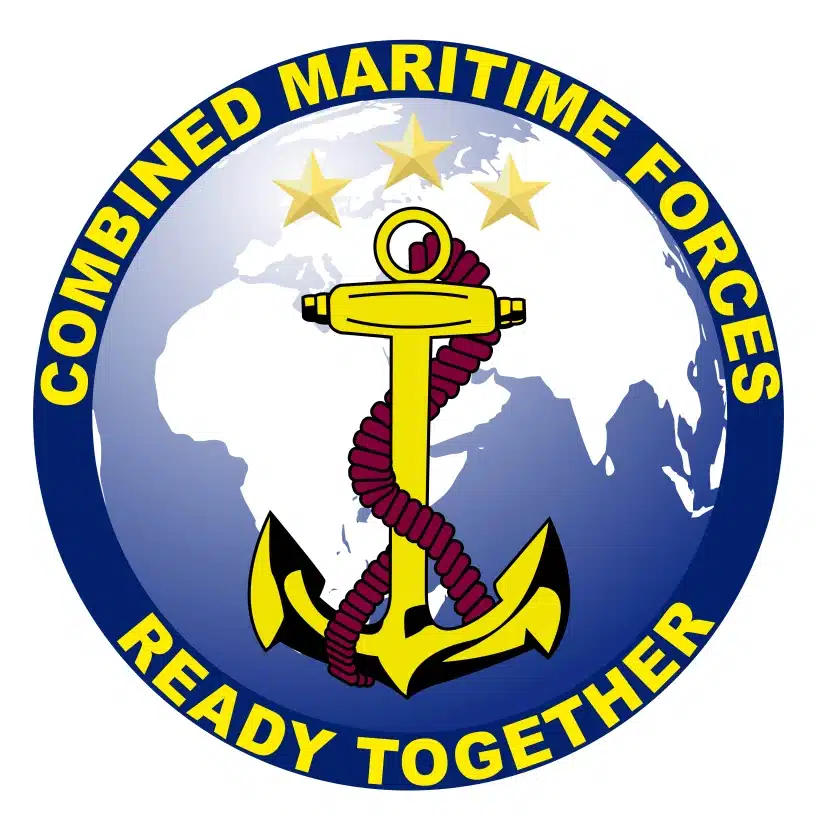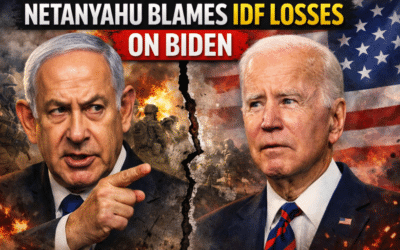Abu Dhabi has halted its involvement with a Washington-led coalition aimed at preventing Iranian ship seizures in the Middle East. The UAE disclosed the decision the day after the Wall Street Journal reported growing discord between Abu Dhabi and Washington over the region’s lack of American military assets.
On Tuesday, the Journal detailed rising frustrations in Abu Dhabi over what officials perceive as a restrained US response to Iran’s recent seizure of two ships. The UAE’s state media service announced its pullback from the bloc – dubbed the Combined Maritime Forces (CMF) – on Wednesday.
“As a result of our ongoing evaluation of effective security cooperation with all partners, two months ago, the UAE withdrew its participation in the Combined Maritime Forces,” the Emirati Foreign Ministry said.
The gulf kingdom claimed the WSJ had mischaracterized the rift inside the CMF, while the Pentagon confirmed that the UAE remained a member of the coalition. A US official described the UAE’s suspension of cooperation with the bloc as an “angry reaction” to Washington’s lax response to Iranian naval actions in the region.
In April, the United States seized the Suez Rajan, a tanker carrying Iranian oil to China. Five days later, Iran confiscated a US-bound Marshall Islands-flagged oil tanker, the Advantage Sweet, in the Persian Gulf. Iranian forces took control over a second ship in the Gulf not long after. An American official told the Financial Times the operations appeared to be “retaliation for a prior US seizure of Iranian oil.”
In response, National Security Council spokesman John Kirby announced plans to expand America’s military posture in the Middle East. “Today, the Department of Defense will be making a series of moves to bolster our defensive posture in the [Persian] Gulf,” he said in mid-May.
However, a Pentagon spokesperson later told the New York Times that Washington would not send additional military assets to the region, instead saying it would merely increase the number of patrols conducted by forces already stationed in the Middle East.
Abu Dhabi’s step back from the CMF comes as Washington’s dominance over the Middle East begins to wane and Beijing takes on a more prominent role. While US officials have pressured the UAE to deny China a military facility in the country, the Emiratis continue to strengthen their relationship with Beijing.
China recently flexed its new diplomatic muscles in the region after successfully brokering a normalization deal between longtime rivals Iran and Saudi Arabia. Additionally, Washington has had its own frustrations with its Mid East partners over their refusal to follow its economic war on Russia, which has steadily intensified since Moscow’s invasion of Ukraine last year.
































